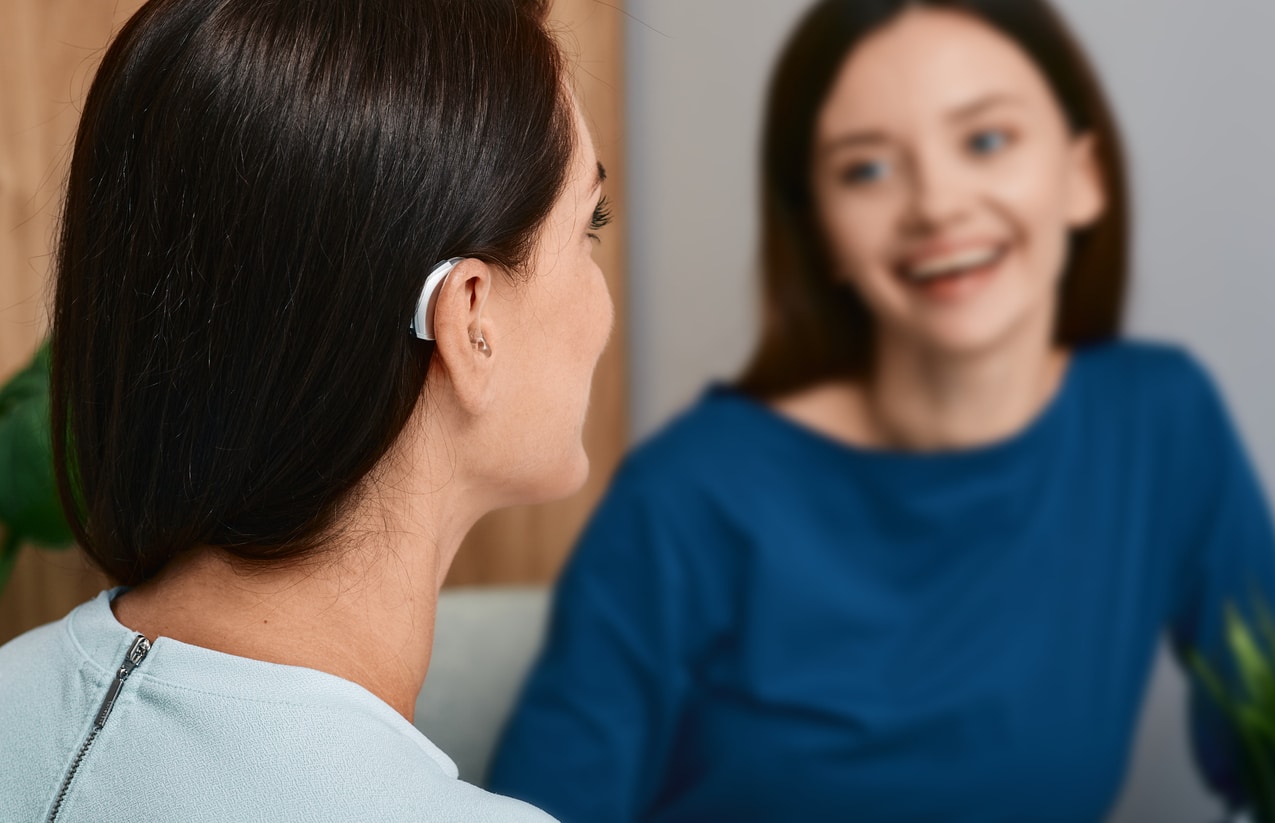Staying socially connected is crucial for mental health across all life stages, but establishing new friendships can become more challenging as we age. This challenge is compounded by age-related hearing loss, which affects a significant portion of the adult population.
By the numbers, 10% of adults aged 55 to 64 and 22% of those aged 65 to 74 experience hearing loss. Understanding the impact of hearing loss on social interactions is key to overcoming these barriers and maintaining meaningful connections.
The Social Challenges Posed by Hearing Loss

Hearing loss complicates social interactions in various ways. Conversations may seem unclear, leading to frequently asking others to repeat themselves. Additionally, the extra effort and concentration needed to keep up with discussions can result in listening fatigue, characterized by:
- Exhaustion following social gatherings
- Increased stress and anxiety
- Irritability
- Difficulty focusing
- Memory issues
These effects can hinder the ability to forge connections, leaving individuals feeling isolated and lonely.
Strategies for Building Connections
Despite the obstacles of fatigue and isolation presented by hearing loss, there are strategies to mitigate its impact on social life and facilitate new friendships. Consider these strategies when taking steps to build new friendships with hearing loss:
- Enhance communication abilities: Regular hearing check-ups are essential. For many, hearing aids recommended by a specialist can significantly improve conversational clarity in noisy environments and boost confidence in social settings. The easier time you have communicating, the easier it will feel to make friends. Hearing aids can help with this.
- Leverage existing networks: Starting with familiar faces can ease the process of making new friends. Consider inviting colleagues for coffee at Penny Lane Coffee House or reconnecting with old acquaintances for lunch.
- Participate in support groups: Local or online support groups, such as those organized by libraries or community centers, offer a supportive environment for meeting others who share similar experiences and can provide both advice and companionship.
- Include people without hearing loss: Informing others about your hearing loss enables them to communicate more effectively with you, such as by facing you during conversations and repeating phrases when necessary. Just because you have hearing loss doesn’t mean you have to make new friends who also only have hearing loss.
Hearing loss doesn’t have to lead to isolation. With proactive steps, it’s entirely possible to cultivate friendships throughout adulthood, despite hearing challenges.
For additional information on hearing health or to arrange a hearing evaluation for you or a loved one, contact Hearing Healthcare Center, Inc..